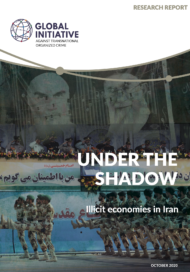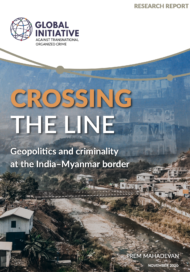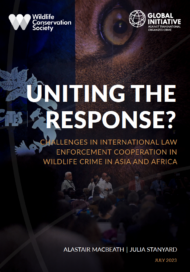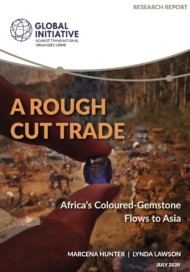Posted on 19 Oct 2020
Illicit economies have become an entrenched part of Iran’s political, economic and cultural life. For some, they offer a way of earning a living in desperately harsh economic circumstances; for others, they are the means to aggregate wealth and political influence. Illicit economies can be found at every level of Iranian society, from allegedly funding Iran’s extra-territorial ambitions in the Middle East to helping the opium-smuggling truck driver get his next fix.
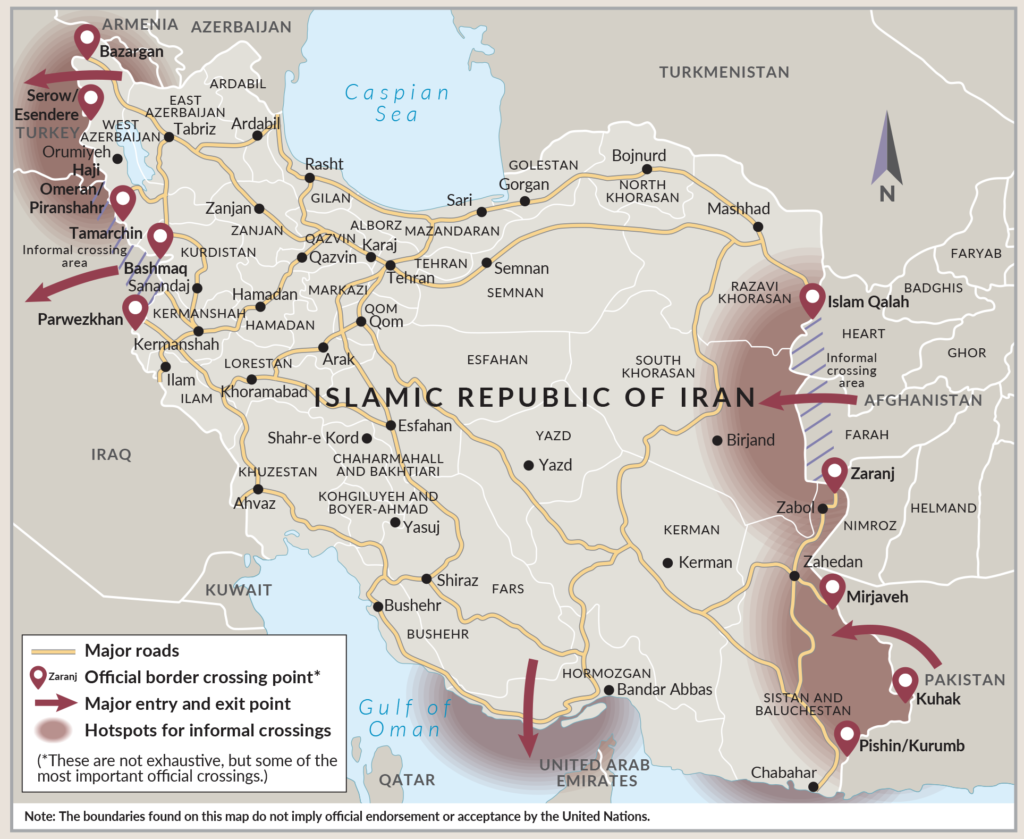
This report evaluates the emergence and expansion of illicit economies vis-à-vis current internal tensions and external pressures. The first part of the report explores how corruption and a circular system of governance has produced a ruling political-economic elite that is dependent on the proceeds from various illicit enterprises in order to remain in power. The second part of the report focuses on the drugs trade in Iran, drawing on interviews with key informants involved in the flow of drugs to show how the intersection of poverty, insecurity and a corrupt state has pushed vulnerable and marginalized communities to become involved in the illicit industry. As with other illicit economies, allegations of state involvement in the drugs trade are rife and have further undermined public faith in governance.
